
How to Improve Focus and Concentration
Author: Juliana Müller – beecrowd
(8 minutes of reading time) I have started writing this article and have stopped countless times. I look at my cell phone, go back, get up, drink some water, then get hungry, go back. I take a quick look at emails. I get up again, on the way back, another quick look at my cell phone, just checking if the soccer game has started… then I think… concentrate, you need to finish this task, whose theme is FOCUS!!! It's not new to any of us that the 21st century lifestyle has led us to create new habits and change the focus of our attention almost constantly. In a fully technological world like the one we live in today, we receive a brutal load of data and information, which has led us to change our lifestyle. We rarely see people, especially the youngest, who are not connected all the time. This means that we are constantly interrupted by messages and notifications from our electronic devices. We immediately look at the cell phone screen to check what it is. For ourselves and even for others, we argue that “it doesn't disturb, a quick look and I'll go back to what I was doing”. Really? What we may not have realized is that it is precisely in this “quickly” change of focus that the danger resides. We are getting our brain used to constantly changing the focus of our attention, and then it becomes difficult to focus on one thing for a longer time. In addition, to save time in today's fast-paced world, we also get used to doing at least two things at the same time: driving while giving conferences on speakerphone, eating while working, watching TV while answering messages, scheduling doctors at the same time when we attend a performance, or answer a child's call. Yes, our brains enable us to do a mechanical task like walking, along with a reasoning task like talking. But two reasoning tasks together, what we call multitasking is a little too much, and ends up causing us to lose focus of attention. The most ironic thing is that we ended up “selling” this as a “quality”. I've seen job interviews where the candidate claimed just that, "I'm extremely productive, and I do a thousand things at the same time." Will it be? What is the quality of these tasks? Or what is the cost to the health of this professional? It's unfair to blame technology alone, the most common scapegoat to justify distraction. There are also in technology, numerous devices created to help us improve productivity. In my humble opinion, used with common sense, technological resources can be great allies. So, we concluded that perhaps the big villain is the lack of common sense and the misuse of electronic devices and other tools. According to the neuroscientist and associate professor at the Faculty of Medical Sciences at Santa Casa de São Paulo, Carla Tieppo, people have developed a relationship of great dependence on technology. This habit has become irresistible, like an addiction. And with each interruption, it took us about 23 minutes to regain full focus on our original activity. SO HOW TO MAINTAIN FOCUS AND IMPROVE OUR CONCENTRATION? There is no magic. Fortunately, or unfortunately, it doesn't. Distractions can only be overcome with effort and self-discipline. And for that to work, we need to exercise that self-discipline daily. We must police ourselves. However, there are some devices that can contribute to this improvement in focus and concentration. Here I share with you some that I learned: 1. SPLIT YOUR WORK INTO SMALL TASKS Our brain can only focus on a single task for 50 or 60 minutes. After that time, attention ends. So, the tip is to divide your tasks so that they fit in this time. Focus and don't stop. After that period, take a short break, get up, have a water, a coffee, check your messages. The pause is necessary and very efficient for the resumption. 2. ELIMINATE THE MESS AROUND YOU Working, studying, or doing any activity in a chaotic and messy environment is horrible for our brain. The nervous system mirrors itself in the external environment. So, if there is no logic on the outside, it is impossible to organize the inside. 3. KNOW HOW TO LISTEN IN ESSENCE AND ATTENTION When we focus on a single activity and listen to people with our full attention, our understanding automatically increases, and it becomes much simpler to understand even subjects that we do not master. It's like that class where we pay maximum attention. When studying, it seems much easier. Simple, but requires a lot of discipline. 4. EAT HEALTHY FOOD About 20% of the sugar and energy you consume goes to the brain, making brain function dependent on glucose levels. If your sugar levels aren't controlled, your mind can get confused. Food balance is essential for the well-being of the mind. A balanced and healthy diet helps keep the organs in sync and the brain healthy. 5. EXERCISE REGULARLY Physical activity increases synapses, creates more brain connections, helps with the formation of extra cells and the cardiovascular system. This means you transport more oxygen and glucose to your brain, as well as eliminate toxins. If you can exercise outdoors, even better, as you will have the added benefit of absorbing more vitamin D. But the most important thing is to find an activity that gives you pleasure, with which you have fun. This will help boost the brain's social interaction. 6. LISTEN TO MUSIC AND RELAX It is scientifically proven that listening to music brings numerous benefits to our body. A playlist with songs that you like, at an appropriate volume, can help with focus and concentration. In addition, it is important that we learn to "turn off" and relax, allowing the brain to rest. When we disconnect, we work a part in the brain called the default mode neural network, the same one that allows us to dream, and it's extremely important to keep us healthy. So, listen to music and relax! 7. SLEEP WELL AND IN ENOUGH QUANTITY Sleep is very important to help us focus. With less than five hours of sleep, you don't get that strong mentally. If you sleep more than 10 hours, you can feel the effects of "jet lag". Watch your body and adapt. When we sleep, the memory connection is strengthened and reinforced, and what you learned becomes a memory. Quality sleep is therefore a really important time for memory consolidation and concentration support for when we are awake. Of course, there are other little things that we can incorporate into our daily lives and as a result, improve our performance and focus on everyday tasks. After knowing this, maybe you are thinking about changing some habits, I definitely am. Do you like our content? So, follow us on social media to stay on top of innovation and read our blog.

Author: Juliana Müller is the Chief Corporate and Legal Officer at beecrowd. She holds a degree in Legal and Social Sciences from Mackenzie University and a master’s degree in Commercial Contract Legislation from PUC-SP, Brazil. Juliana has 20+ years of experience in legal departments and corporate process improvement in global companies.
Share this article on your social networks:
Rate this article:
Other articles you might be interested in reading
- All (185)
- Career (38)
- Competitions (6)
- Design (7)
- Development (112)
- Diversity and Inclusion (3)
- Events (3)
- History (15)
- Industries (6)
- Innovation (38)
- Leadership (8)
- Projects (23)
- Well being (18)

Cloud Computing and Digital Transformation and Social Impact
(5 minutes of reading)
In recent years, we have witnessed a quiet revolution that is fundamentally reshaping the way we live and work. At the center of this transformation is cloud computing, a technological innovation that transcends physical limits and opens up new horizons of possibilities. This text will talk about this subject that is transforming the IT area. Come read!...
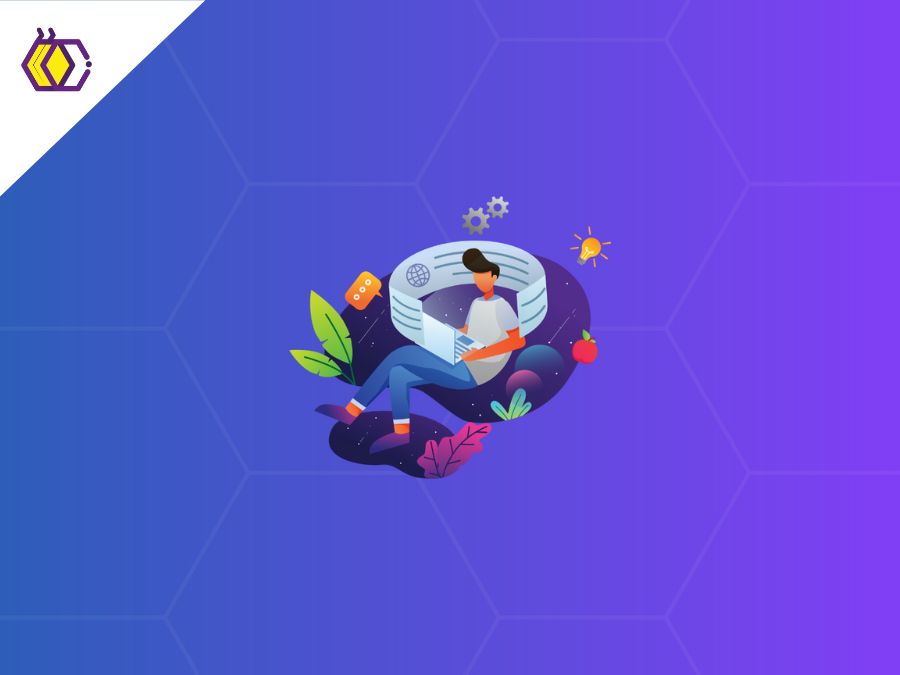
Tech in Education
(9 minutes of reading)
In the contemporary educational landscape, technology plays an increasingly crucial role, revolutionizing not only the way students learn, but also how educators teach. As we adapt to a digitally connected world, new trends are emerging that promise to further transform the way education is designed and delivered. Come read this text to learn about the latest trends in educational technology and explore their impact on student development and the evolution of teaching. Come with us!...
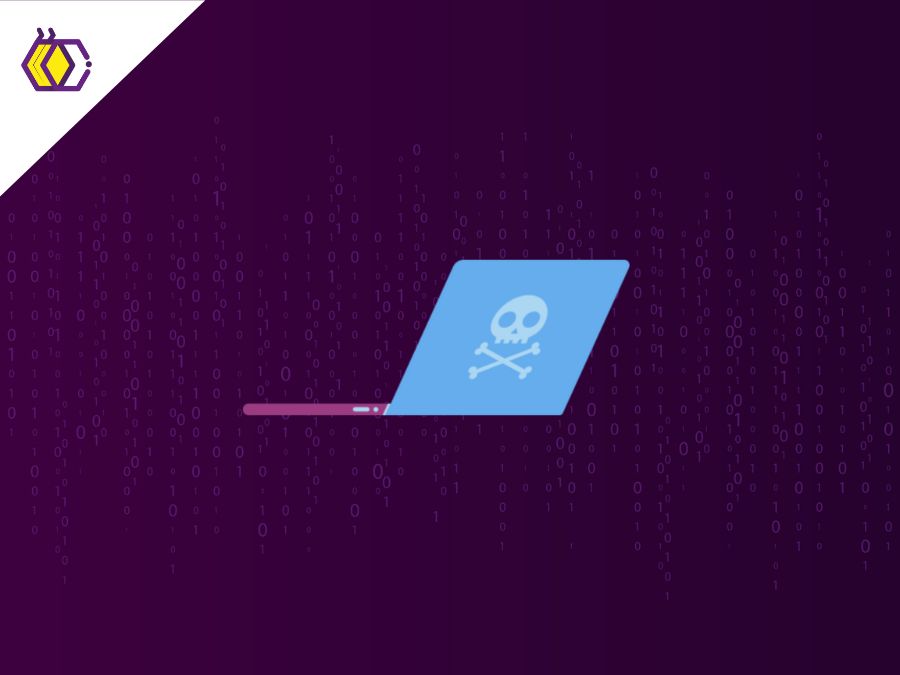
Ethical Software Development
(5 minutes of reading)
Developing software is a complex activity that goes far beyond simple coding. It involves a meticulous process of planning, design, implementation, testing and maintenance to create reliable, efficient, and secure systems. However, in addition to seeking functionality and performance, developers must also carefully consider the ethical aspects of the software they are creating. In this text we will talk about ethics and responsibility when developing software. Come read!...
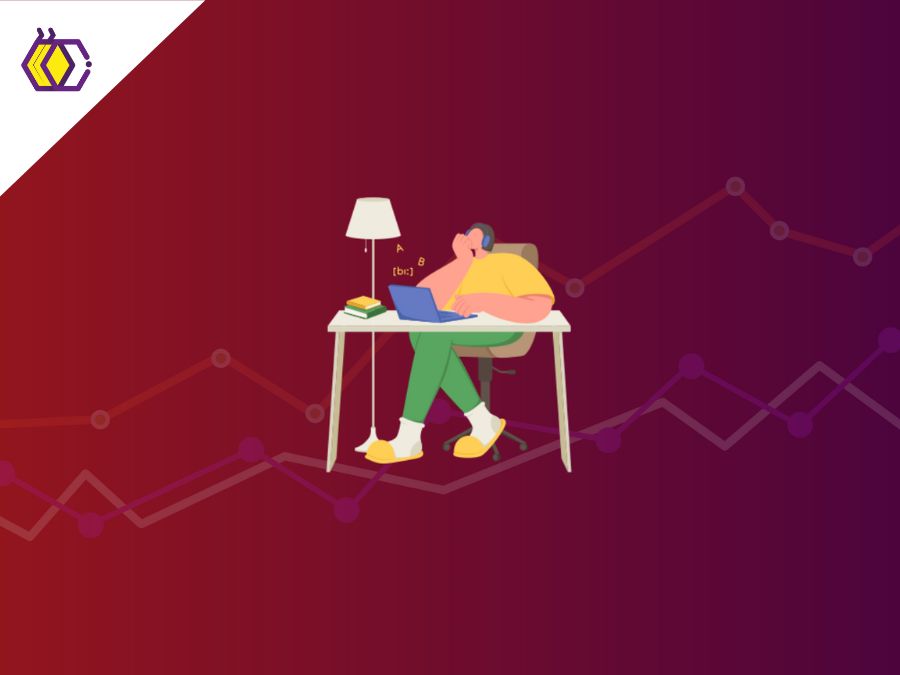
Balance Between Professional and Personal Growth
(6 minutes of reading)
In a world driven by the constant search for professional success, we often find ourselves immersed in our careers, forgetting the fundamental balance between professional and personal growth. As we dedicate hours to coding, solving problems, and advancing our technical skills, it's essential to remember that our journey as human beings go beyond the lines of code. Come read our text and see super cool tips on how to achieve this balance!...
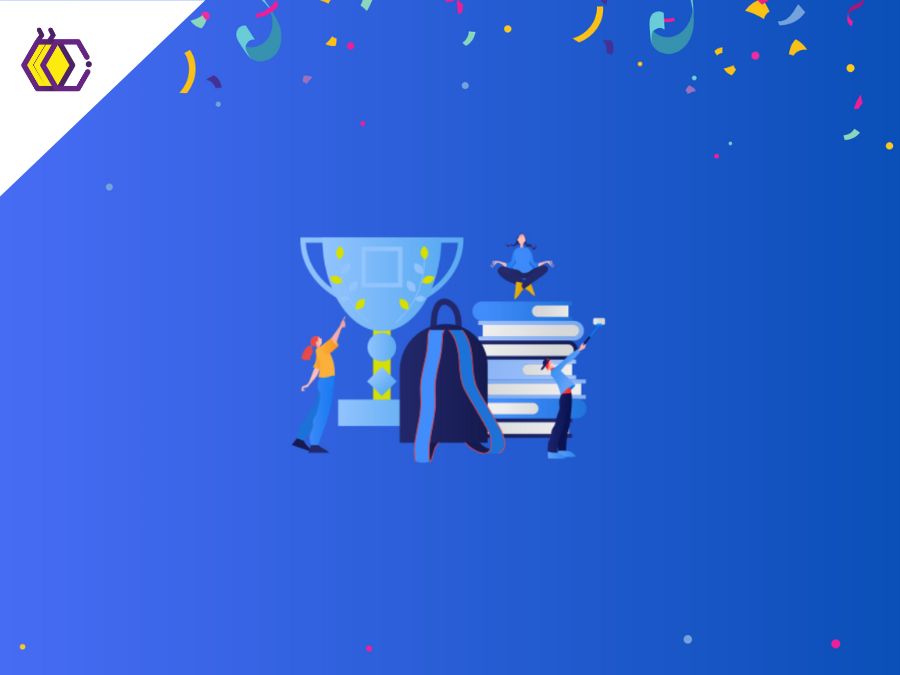
How to Highlight Programming Competition Awards on your CV
(6 minutes of reading)
In a field as dynamic as software development, it is crucial to stand out from the crowd. An exceptional way to do this is through recognition and awards won in competitive programming competitions. In addition to demonstrating your superior technical skills, these awards attest to your ability to solve complex problems, collaborate as a team, and deliver exceptional results under pressure. Today we will talk about the curriculum and competitions, are you interested? Come with us!...
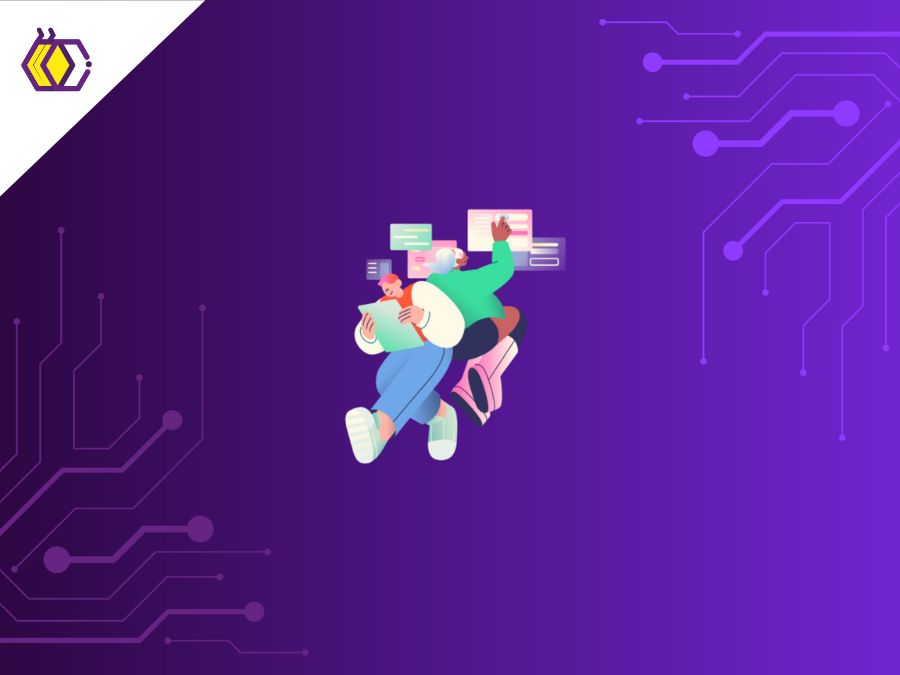
Open Source and Collaboration
(5 minutes of reading)
If you're ready to start exploring the world of open source, be aware that you will encounter many learning opportunities and challenges. Collaboration is at the heart of this environment, driving innovation and influencing the direction of technology. Come read our text to find out more about this subject!...

 Innovation
Innovation 

